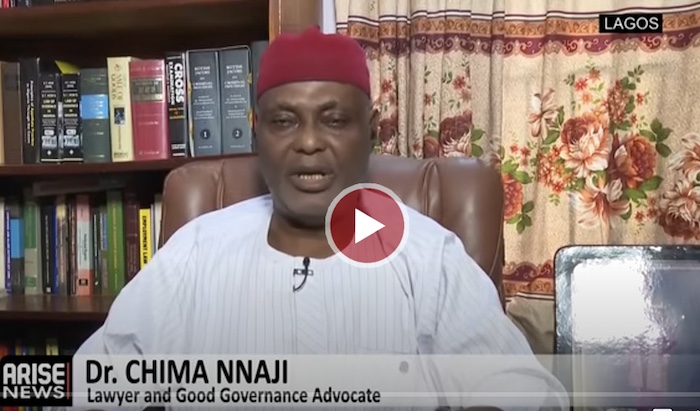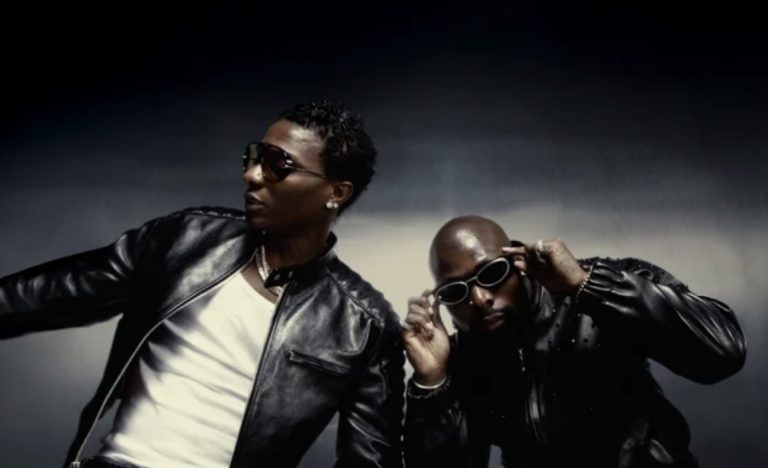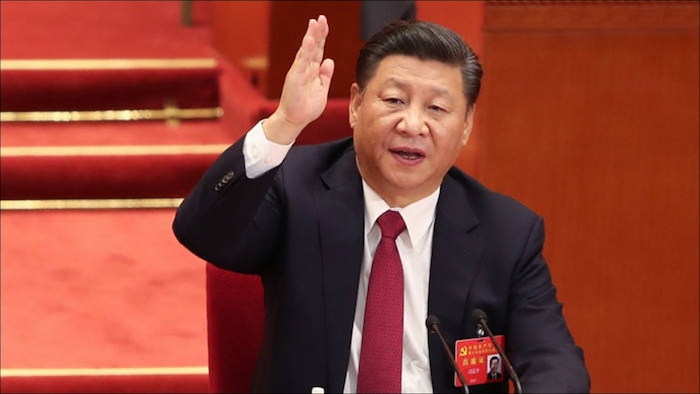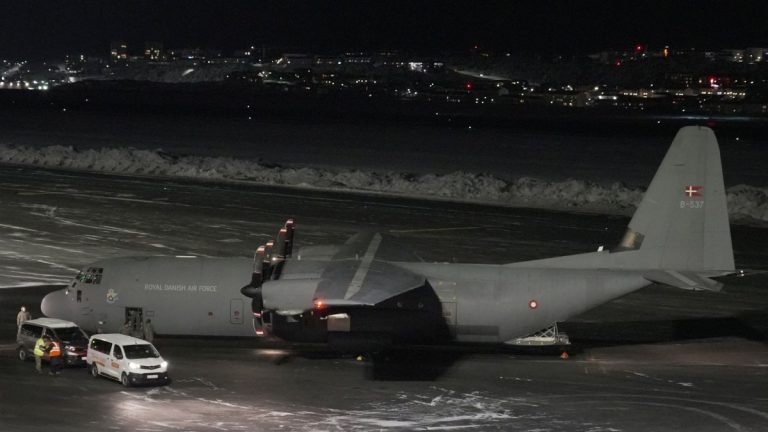

Lawyer and good governance advocate, Dr Chima Nnaji, has cautioned the Nigerian government against what he described as “frenetic and superficial” reactions to international criticism, urging the Tinubu administration to respond to issues with depth, diplomacy, and introspection.
Speaking in an interview on ARISE News on Sunday, Dr Nnaji said Nigeria’s response to allegations by US Senator Ted Cruz—who accused Nigerian officials of ignoring or facilitating the killing of Christians—was reactive and poorly handled.
“We are somehow unnecessarily reactive,” he said. “We don’t seem to respond to issues in a patterned, diplomatic manner. Anybody outside this country could make any statement about Nigeria, but our responses must be thoughtful and strategic.”
He explained that Nigeria, as a member of the global community, should engage criticism through measured diplomatic communication rather than denial or outrage.
“We belong to the Committee of Nations,” he noted. “So when statements are made, we should look at their merit or demerit, and respond appropriately, not in panic. The government’s response to Senator Cruz was not deep—it was frenetic and superficial. It cannot scratch the surface.”
Dr Nnaji said that while Nigeria’s security challenges began under previous administrations, the pattern of reaction has remained unchanged.
“Even under Buhari, we were usually very reactive and lost the substance,” he said. “When Boko Haram and other insurgents began their attacks, it was clear they were targeting Christian organisations and individuals. Even now, many priests, particularly Catholic reverend fathers, are being kidnapped, while we rarely hear of imams being abducted. These are facts in the public domain, and pretending otherwise is like the ostrich burying its head in the sand.”
He urged the government to demonstrate sincerity in protecting all citizens and addressing extremist violence without bias or denial.
> “Yes, terrorists sometimes attack mosques, but that doesn’t erase the pattern of targeted attacks on Christians,” he said. “Government must show that it is not complicit or indifferent. Nigeria’s leaders must think deeply, act decisively, and demonstrate good faith.”
Dr Nnaji criticised the inconsistency in the government’s security response, describing it as “a driver using one leg for the throttle and the other for the brake.”
“When you have the military fighting terrorists in one place and in another, you see people in military fatigues holding meetings with armed groups in broad daylight, that doesn’t show seriousness,” he said. “The National Security Adviser and the Commander-in-Chief should act decisively. This is not a communal conflict—it’s an attack on the nation.”
He argued that the insurgency is not driven by poverty but ideology, and that leniency or politicised negotiations only embolden extremists.
“I’m not rich, but I don’t carry a gun,” he said. “Many poor people in the South do not kill to prove a point. So this is ideological, and government must show, by action, that Nigeria’s secularism is inviolate.”
Dr Nnaji lamented that billions of naira are wasted on endless counter-insurgency operations that yield little progress.
“Nigeria is not progressing—we are retrogressing,” he said. “We cannot continue to waste money and human lives on a crisis that requires intelligence and sincerity, not propaganda.”
On the domestic front, he urged President Tinubu to take firm, personal control of national security and governance.
“This is not the Bola Tinubu we used to know in Lagos,” he said. “Delegation without supervision is dangerous. If you delegate without oversight, incompetence or sabotage can derail your agenda—and the responsibility will still end on your table.”
Turning to the recent nomination of Professor Joash Amupitan as the new INEC Chairman, Dr Nnaji said the issue was not the individual’s credentials but the structure that allows a sitting president with partisan interests to appoint the electoral umpire.
“The problem is not whether it is this professor or another person,” he said. “The real question is: should a president who has a vested interest in the next election have the power to appoint the umpire? Does that accord with common reason?”
He criticised the National Assembly for lacking the courage to reform this process.
“These lily-livered politicians, hiding under the cloak of party majority, will never tamper with that provision because it serves their interest,” he said. “Patriotism has taken a backseat, and the interest of the politician now overrides the interest of the country.”
Dr Nnaji added that integrity, not academic titles, should be the measure of leadership.
“This fixation on professors is misplaced,” he said. “Being a professor does not automatically confer integrity or capacity. Some crumble under pressure. What matters is competence and strength of character.”
He urged Nigerians to demand structural reforms that guarantee the independence and credibility of INEC.
“Even if you appoint a priest today, it may not guarantee integrity,” he warned. “What we need is a system designed to deliver fairness. The structure determines the function—if the structure is faulty, the outcome cannot be excellent.”
He concluded by calling on those in authority to act with courage and conscience.
“If anyone appointed to INEC finds the heat too much, let him resign honourably and shake the system,” he said. “The only way our electoral process can be trusted again is through transparency and structural reform.”
Boluwatife Enome



